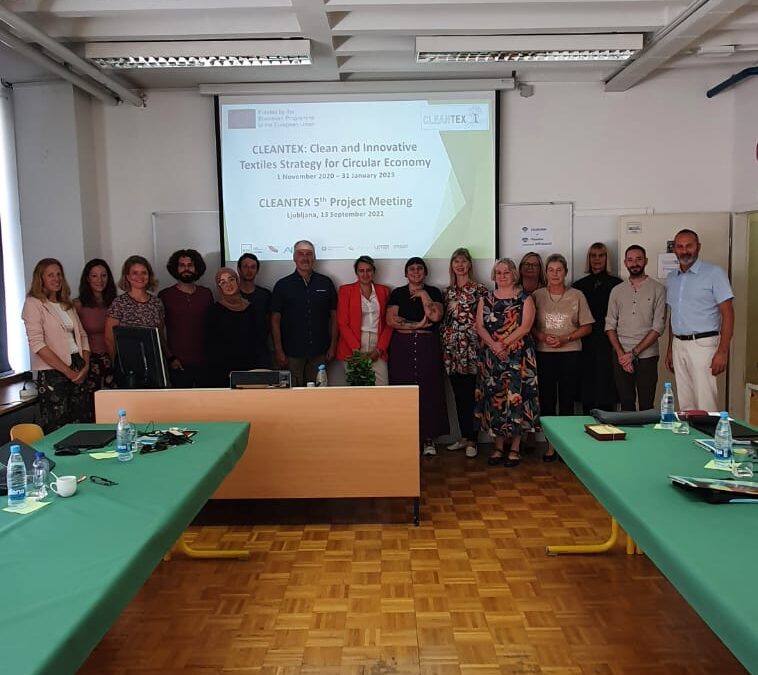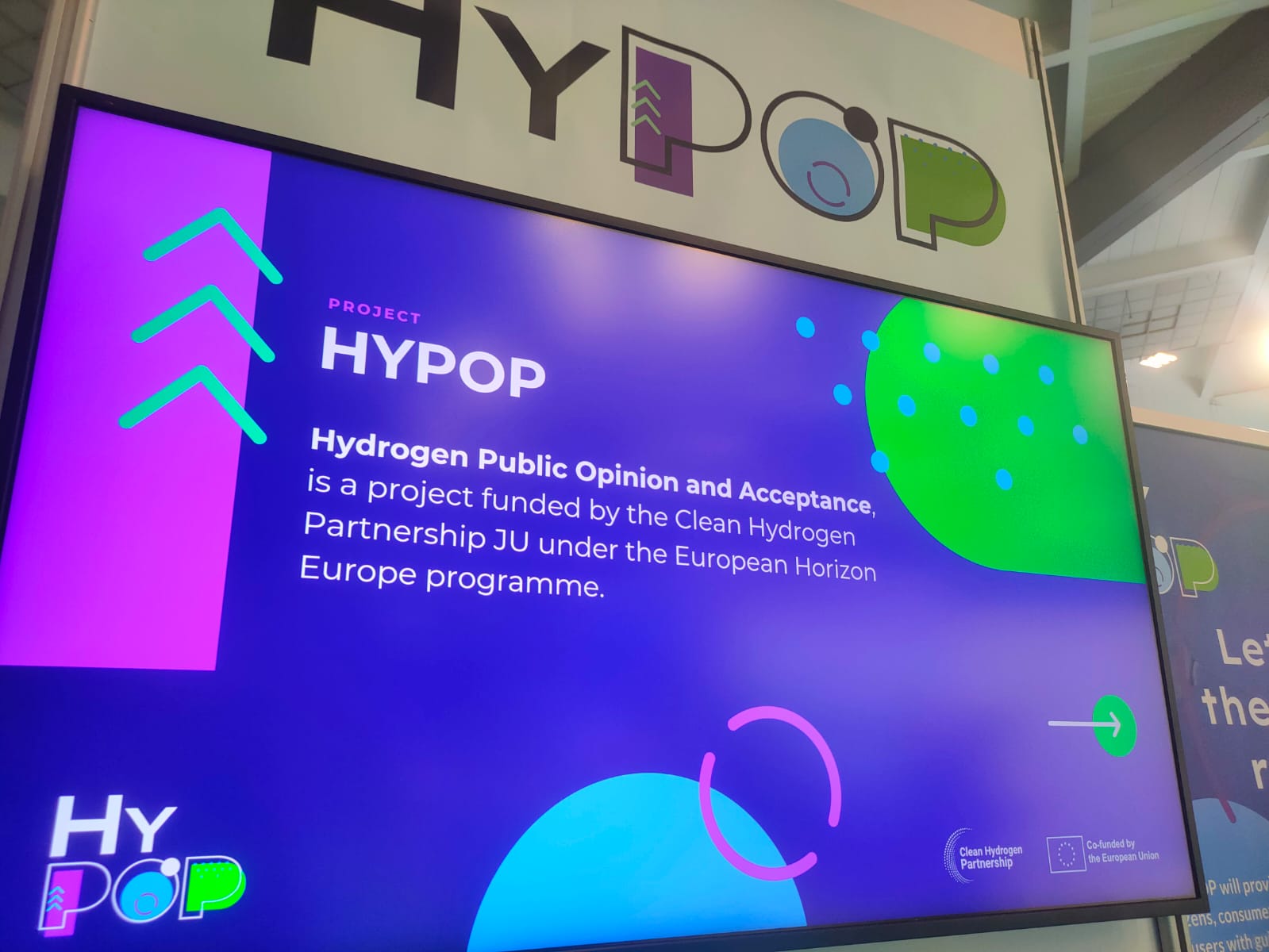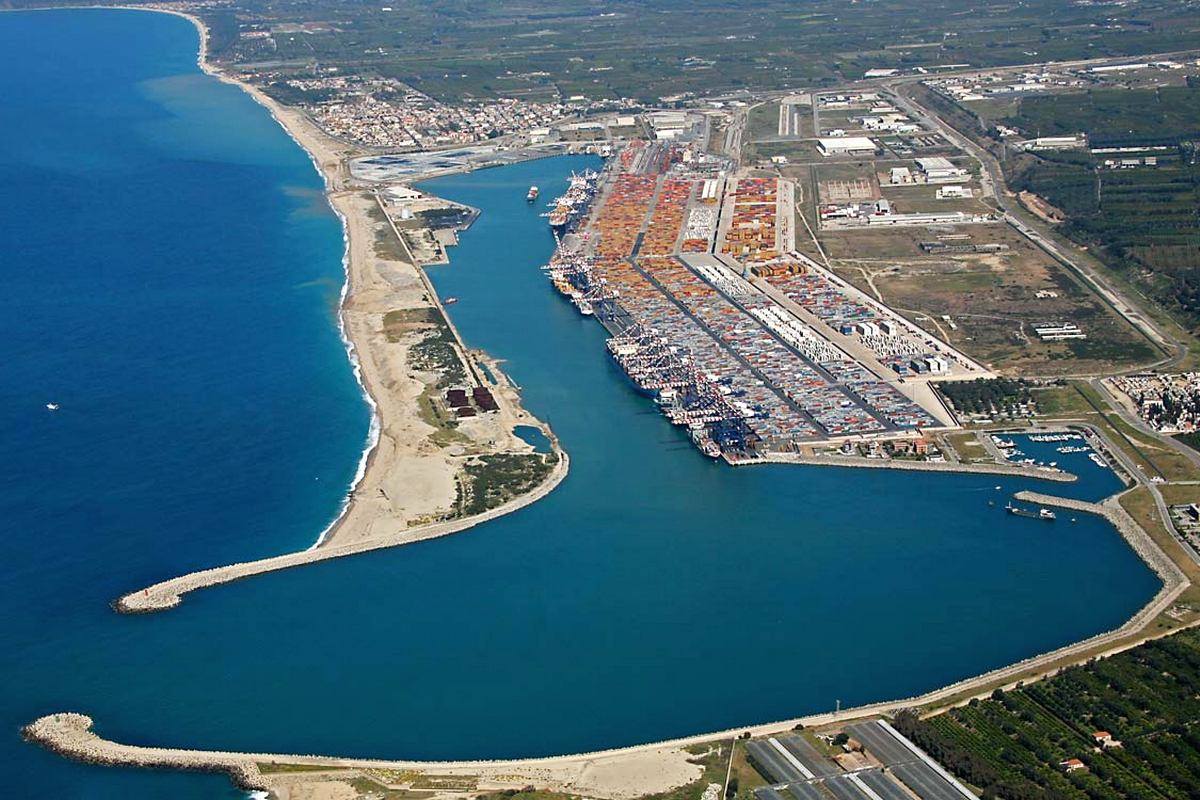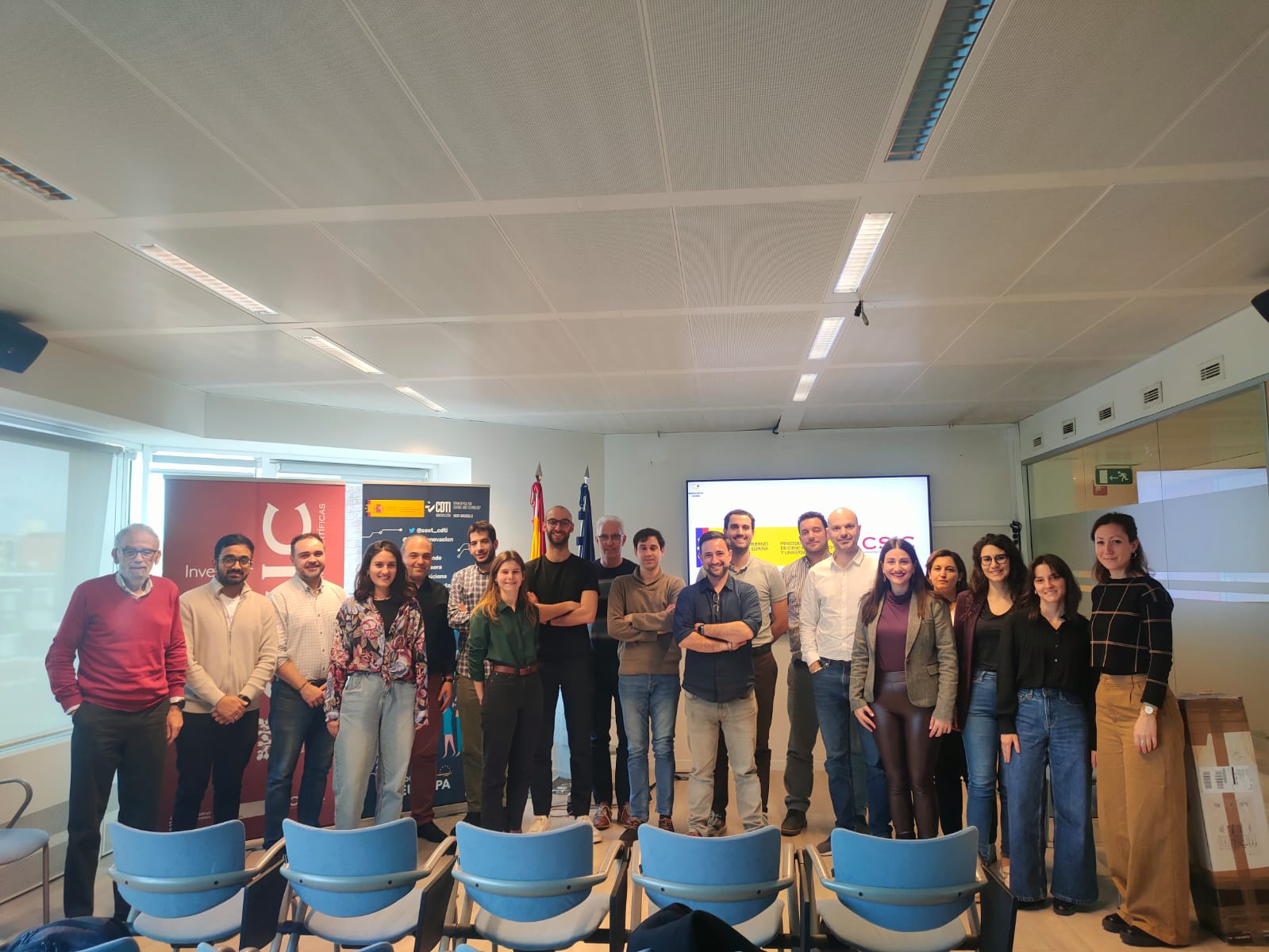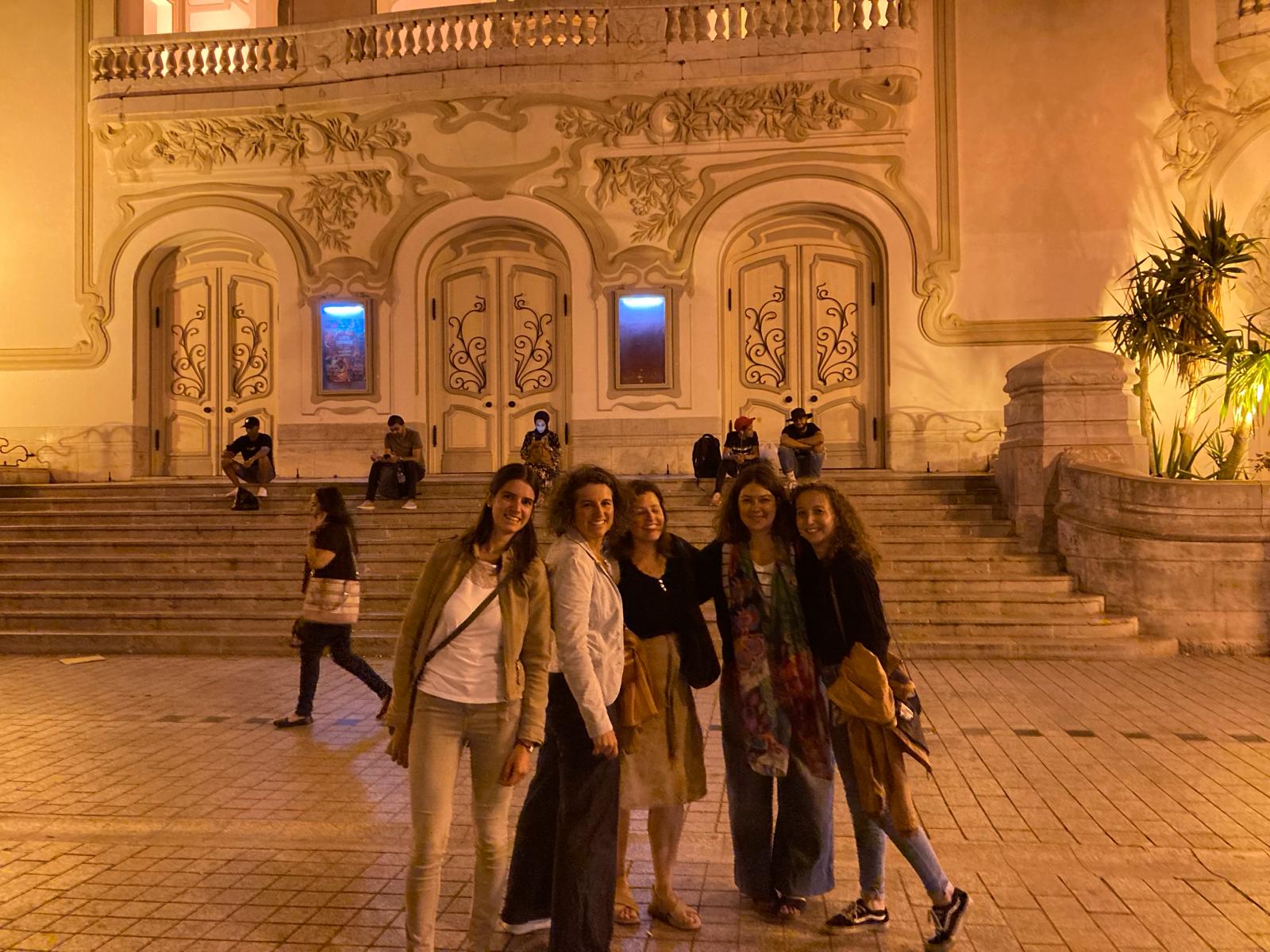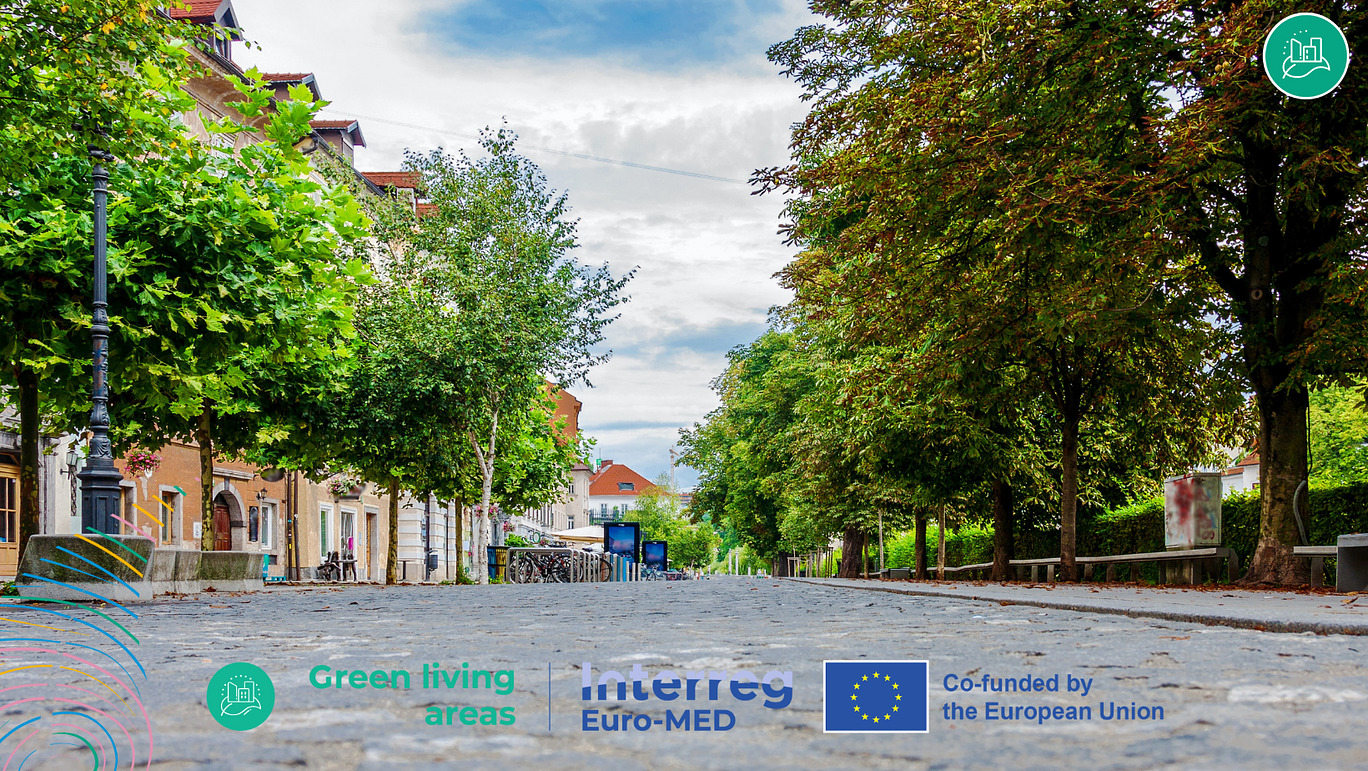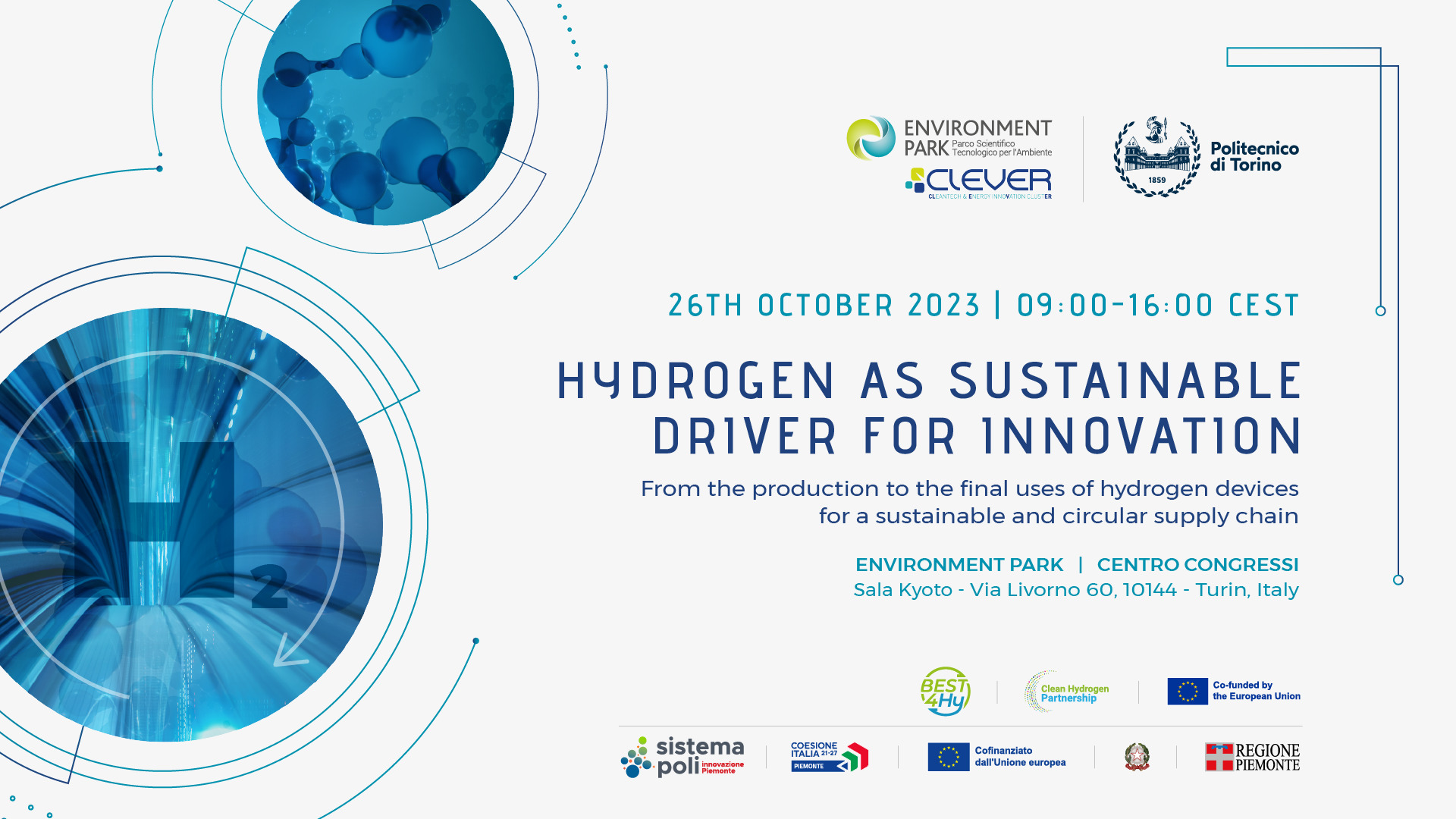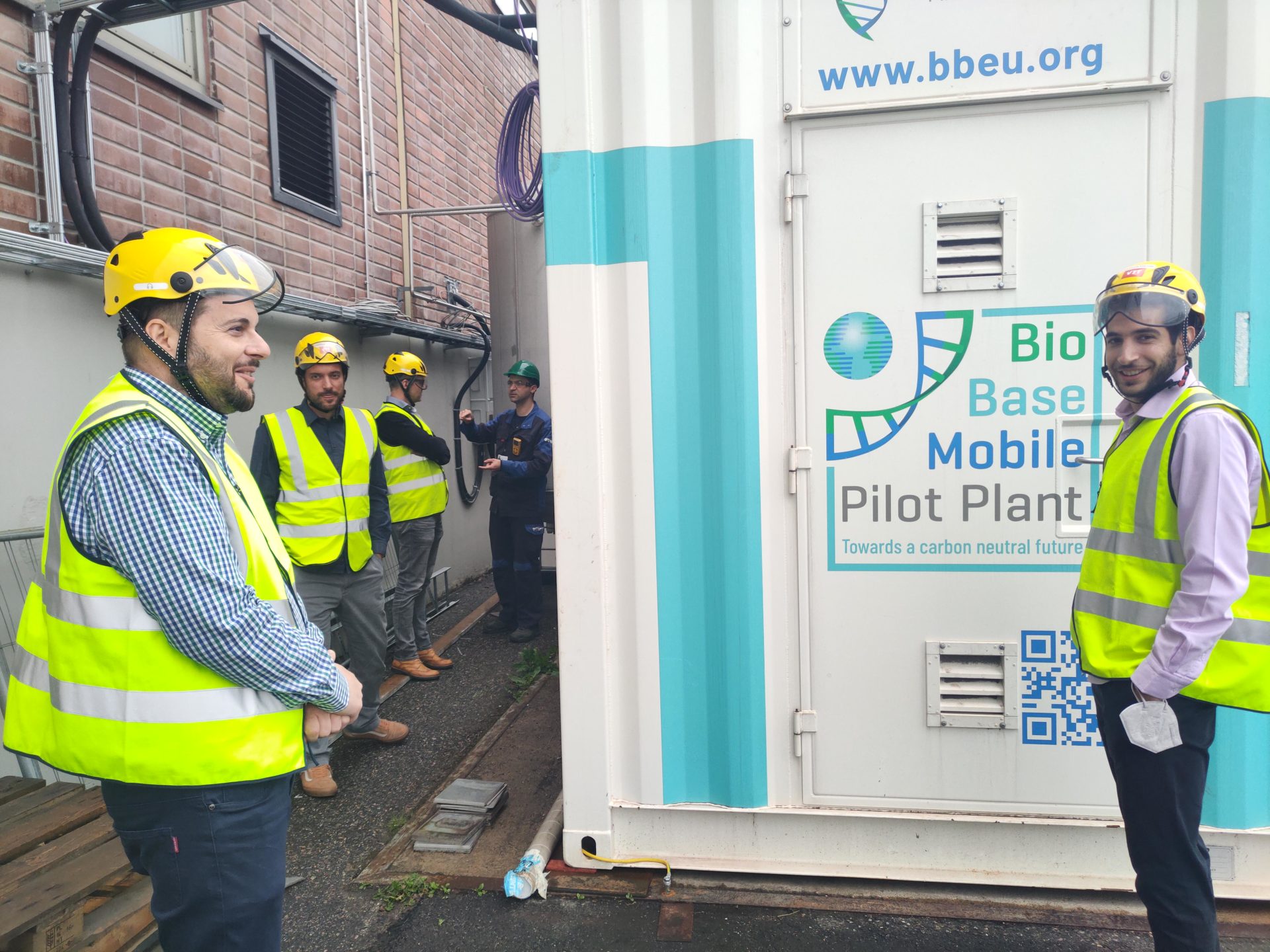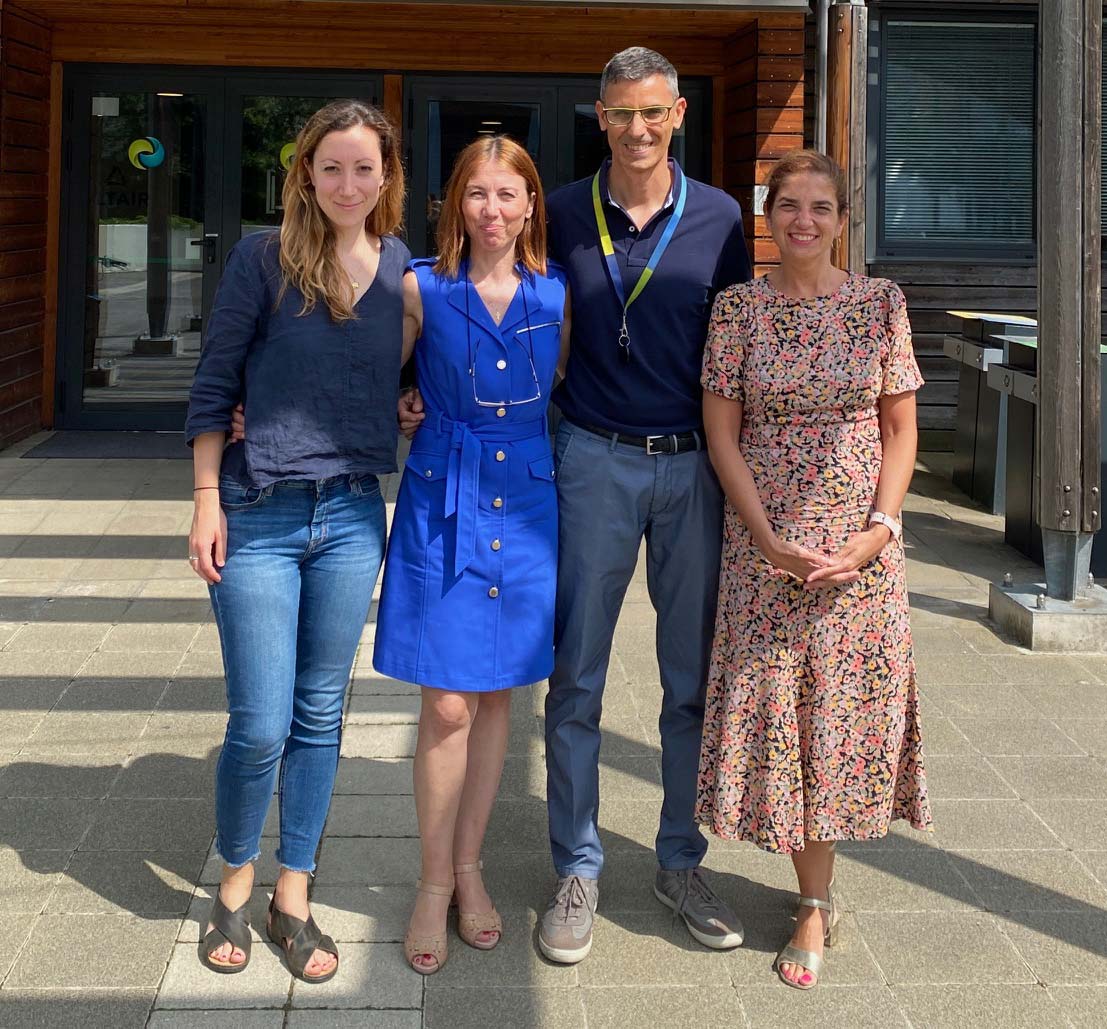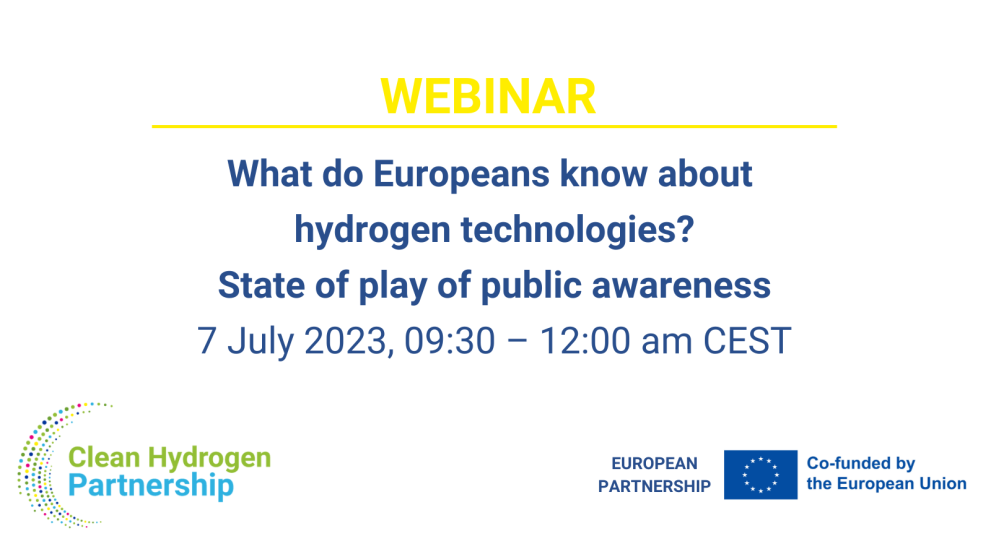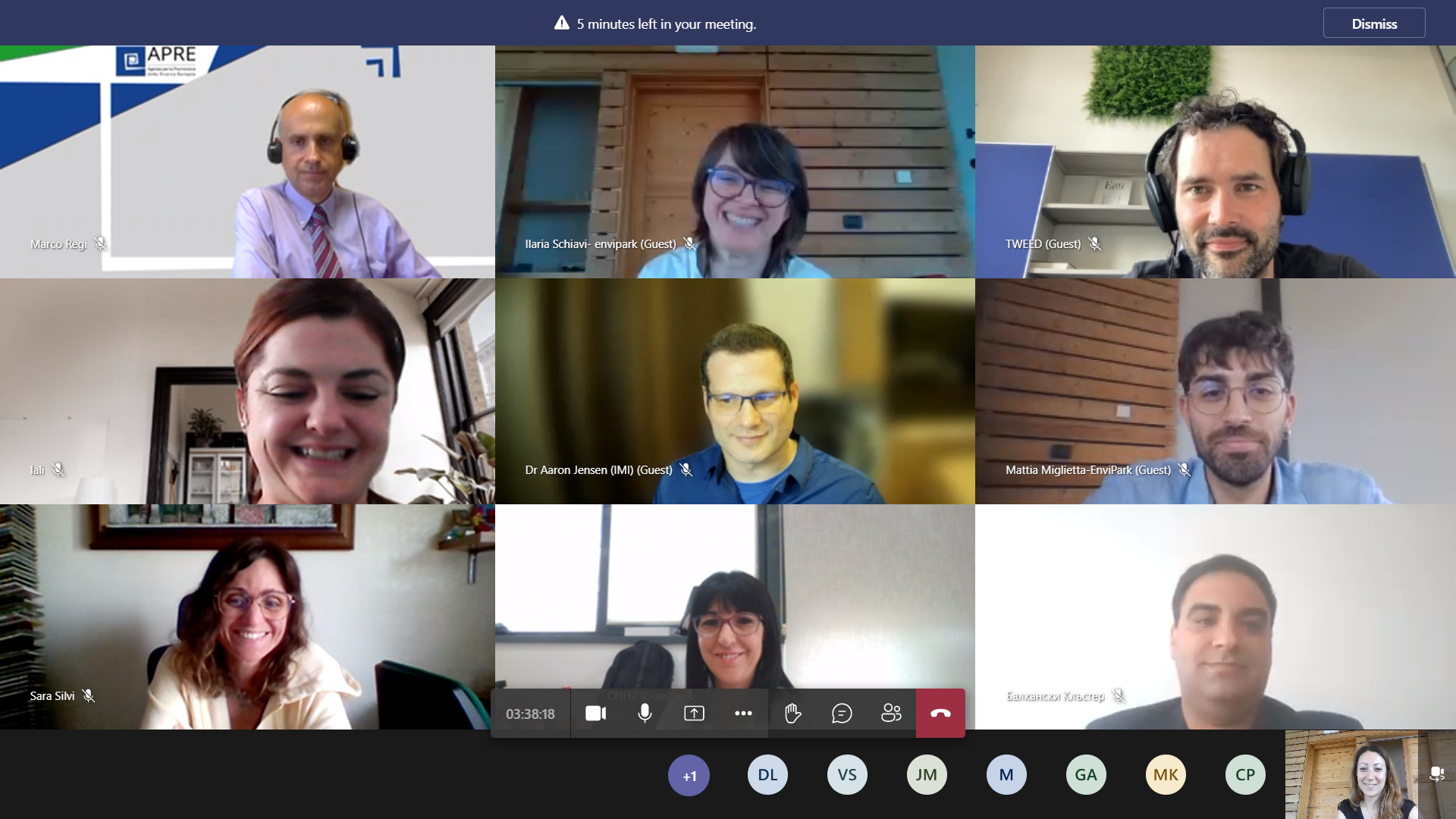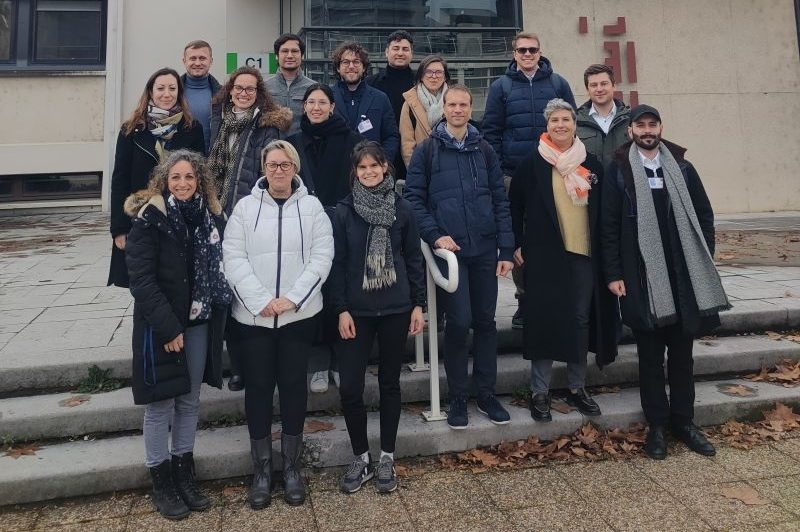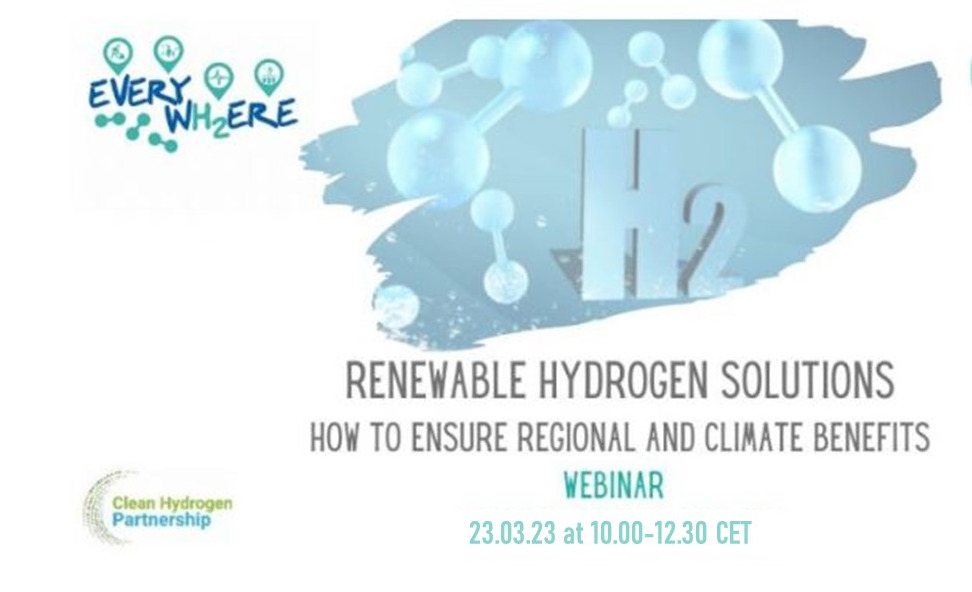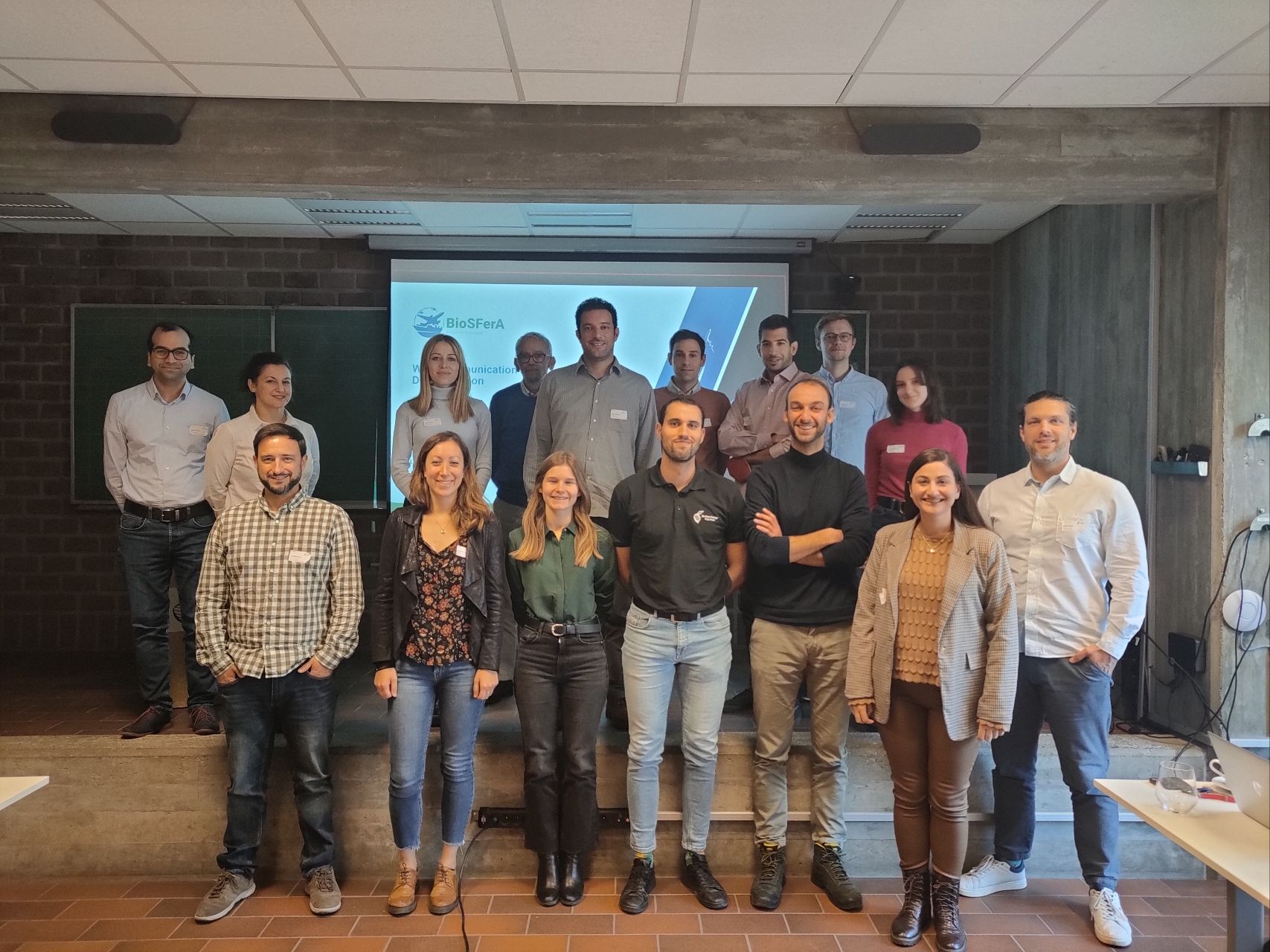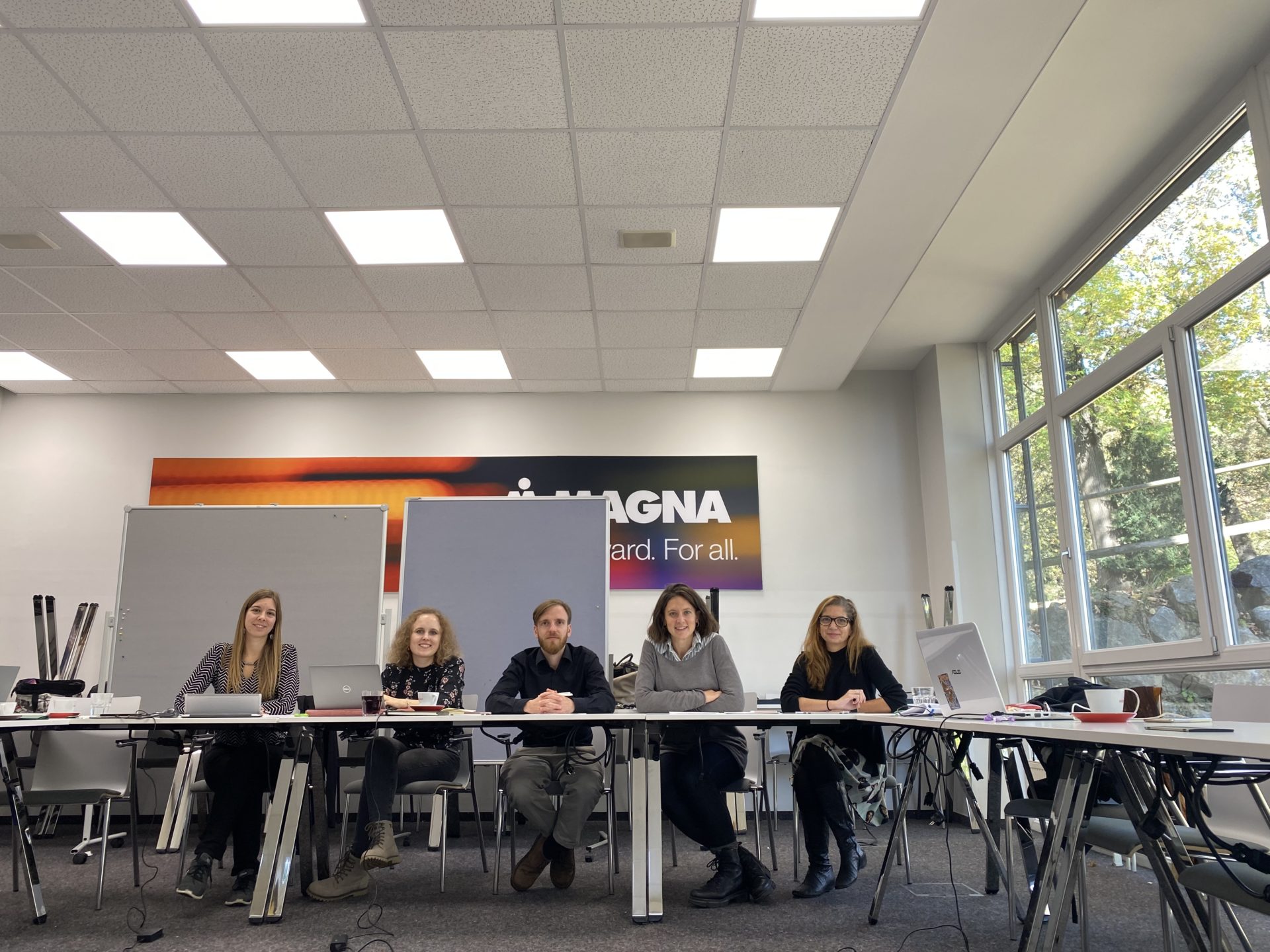Last Tuesday September 12th, Cleantex project partners met for their 5th Transnational Project Meeting in Ljubljana, Slovenia.
Envipark started presenting the conclusion of the IO1, the Virtual Training Program. From its beginning, the contents, and how they are structured to the implementation in a virtual platform that AEI Tèxtils designed within the Cleantex website. As it was previewed, this output generated by the project is a MOOC (Massive Open Online Course). This means that the content generated by the partners, which has been organised in thematic modules with some specific chapters within each module, are completely accessible and free to all those interested stakeholders that desires to train themselves or implement the course to others.
The MOOC platform is very intuitive and its content well prepared and structured. Each module is about one topic and contains specific information about this topic organised in three chapters.
Each chapter counts with a video lesson explanation, the respective written material (with references, more examples, and wider and deeper information about the chapter) and a test to check the comprehension level after the student or receptor of the training has received all the training.
Once all chapters have been listened, read, and tested, the student is able to go for a final test, which contains questions about all the modules and lessons to check their general level of knowledge.
Finally, and with the objective to learn and improve, Cleantex partnership added an evaluation form for the users express what they think about the Cleantex MOOC experience.
Then Ensait presented the final version of the Bootcamp (IO2) that was implemented with the students during the summer school last July in Ljubljana. The bootcamp is the dynamic structure and organisation the summer school activities would take place.
Ensait did chose a methodology based on the design sprint model. A model based on small groups working as a team within a healthy-competitive sphere. They would have a specific challenge (hackathon) and compete for offering the best solution.
The learning process students would experience would be composed by several phases based on the facilitation of proactivity, communication, originality, dynamism, and knowledge.
It would begin with the challenge of a hypothetical company, which students would spend one session in understand (its environmental spots). Then, they would sketch and brainstorming 6 ideas to improve its sustainability (using the knowledge acquired in their Cleantex MOOC experience and the Cleantex E-book). Afterwards, they would decide and chose two of them, developing a SWOT analysis for each one. Finally, they would prototype a realistic solution for the company to be more sustainable and defend their option in front of an academic tribunal, who would evaluate all groups’ options.
The E-book represents a key tool for the students have proper resources and information to get inspired and implement their knowledge during the summer school (or any other activity that demands examples of best practices on sustainability).
Leitat, the leader of this output, presented how it was finalised after the previous meeting and before the summer school. It contains theory and methodology about LCA (Life Cycle Assessment), Eco-design implementation, phases, and criteria as well as real examples from companies that implemented sustainable models and actions in their processes.
Then, the University of Ljubljana exposed the experience of the summer school last July. During the summer school in Ljubljana, students from KTU, UL and Ensait were mixed and splitted into five groups.
They followed the bootcamp structure and also organised visits in two Slovenian companies (Aquafil and Tekstina) for the students get in touch physically with real sustainability actions and better understand how the industry works.
The students’ response was very positive and they valued the materials and facilities created by the consortium, such as the MOOC and the E-book as well as the challenge format the bootcamp was designed.
During the whole week, each day was dedicated to one of the phases proposed in the bootcamp and during all that days students were mentored by the teachers.
Finally, students presented well prepared green strategies and alternatives for the textile industry sustainability improvement. Most of them were focused on the alternative materials implementation and others such as on the reduction of energy and water consumption.
Also, during the meeting, the dissemination project’s performance was presented by AEI Tèxtils and the quality standards were presented by Cre.Thi.Dev.
Finally, KTU exposed several financial information to the rest of the partners as well as facilitated the debate for the conclusion of the project on the next -and final- meeting of the consortium next January 12th in Roubaix, France.
